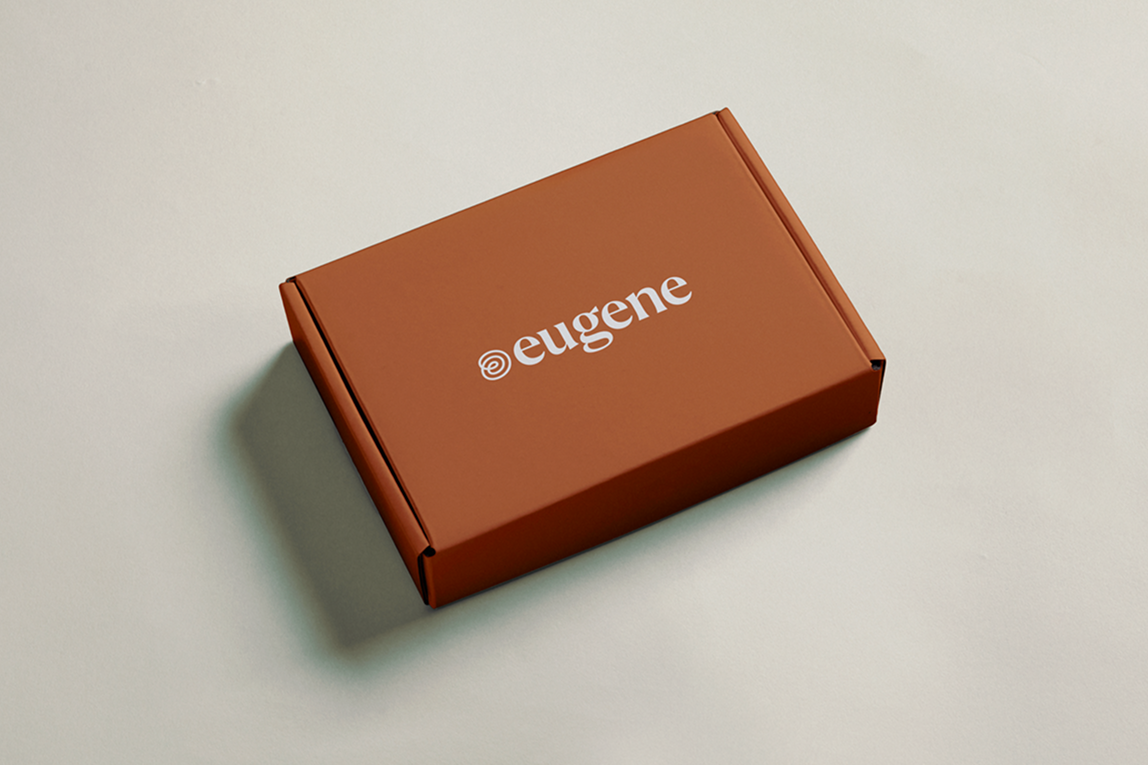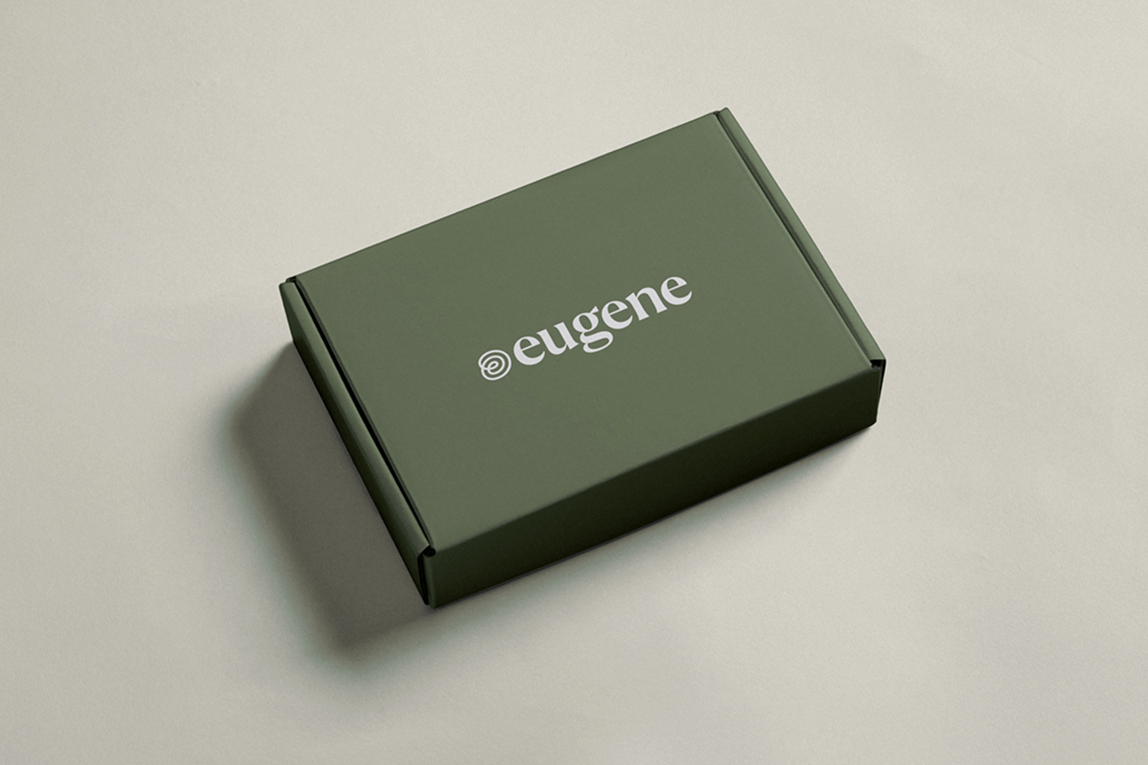Deciding to become a parent is a milestone moment for a reason. You're bringing new life into the world and getting ready for all the joyful ups and downs that come with it.
If you or your partner are preparing for pregnancy, getting a genetic carrier screening is one of the most important things to consider (aside from picking a name and where to put the crib).
Whether you have a family history of genetic conditions, a screening can give you a clear snapshot of your options. If you want to go into your pregnancy with confidence and peace of mind, an at-home carrier screening is one of the most powerful tools you can use.
And here's why.
Many of us know or have heard of someone born with a genetic condition. A baby's diagnosis of a genetic condition can come as a big shock, mainly because 90% of babies born with a genetic condition do not have a family history.
Naturally, when someone hears this statistic, it's followed up by an important question- how can I know if my baby might be born with a serious, inherited genetic condition? Thankfully, the answer is straightforward. People planning a pregnancy can do a genetic carrier screening test.
A genetic carrier screening test looks at both reproductive partners' genes to see if they carry a genetic condition.
Until recently, this type of medical-grade genetic testing hasn't been accessible to most of us, but Eugene is here to change that.
At Eugene, we offer genetic testing and end-to-end counselling support for individuals, couples and donors. We have two types of genetic carrier testing: Our Expanded panel screens for 268 recessive conditions and 21 X-linked conditions, and our Comprehensive panel for more than 500 conditions.
You may be surprised to hear that around 7 out of 10 people who have screening with Eugene learn they're carriers of at least one genetic condition. This means that those 7 people have a change in their DNA, increasing the chance of having a child born with an inherited condition. At first, hearing this information can sound troublesome, but rest assured; this result is no cause for concern!
About 1 in 40 couples who have a carrier screening test learn that both members of the couple carry the same genetic condition or the female carries an X-linked condition.
What are the common conditions screened for:
- Cystic Fibrosis: A condition that 1 out of every 45 people carry. Cystic Fibrosis can cause someone to have lung damage, challenges absorbing nutrients from food, difficulty maintaining a healthy weight, and changes in the amount of salt lost through the body.
- Thalassaemia: A condition that 1 in every 25 people carry. Symptoms of thalassaemia include a shortage of red blood cells, pale skin, weakness, and fatigue. Thalassaemia affects how red blood cells are made. More severe forms of the condition can also affect the function of the liver, heart, spleen, and bones.
- 1 in 49 people are carriers of Spinal Muscular Atrophy. This condition affects how messages are sent from the brain to the muscles. This can affect how someone sits, crawls, walks, swallows, and in severe cases, how someone breathes.
All conditions on Eugene's carrier screening test are serious conditions that can impact a child's life expectancy or development.
Couples that carry the same genetic condition, or females that are carriers of an X-linked condition, learn that with each pregnancy, they have a 25% or greater chance of having a child together affected by the condition. Knowing this information comes with options.
For these couples, they may be able to:
- Use IVF technology to avoid having a child affected by a severe condition.
- Have a test during pregnancy to see if the baby has the condition and make informed pregnancy choices.
- Use a donor egg, sperm, or embryo that does not carry the same genetic condition.
- Adopt or foster a child.
- Conceive naturally and use the information from a carrier screening test to prepare for the baby's birth.
On the one hand, learning as a couple that the chance of having a child together affected by a genetic condition is low can be reassuring to hear. On the other hand, a result that shows a child is at an increased risk for being affected by a condition can be challenging information to learn but can also provide options before and during pregnancy.
With your genetic counsellor at Eugene by your side - you can get clear on your options if you carry a gene variant and help you figure out the best pathway for you.
Undoubtedly, doing a carrier screening test before pregnancy, or in the first trimester, is an essential part of the pregnancy journey.




